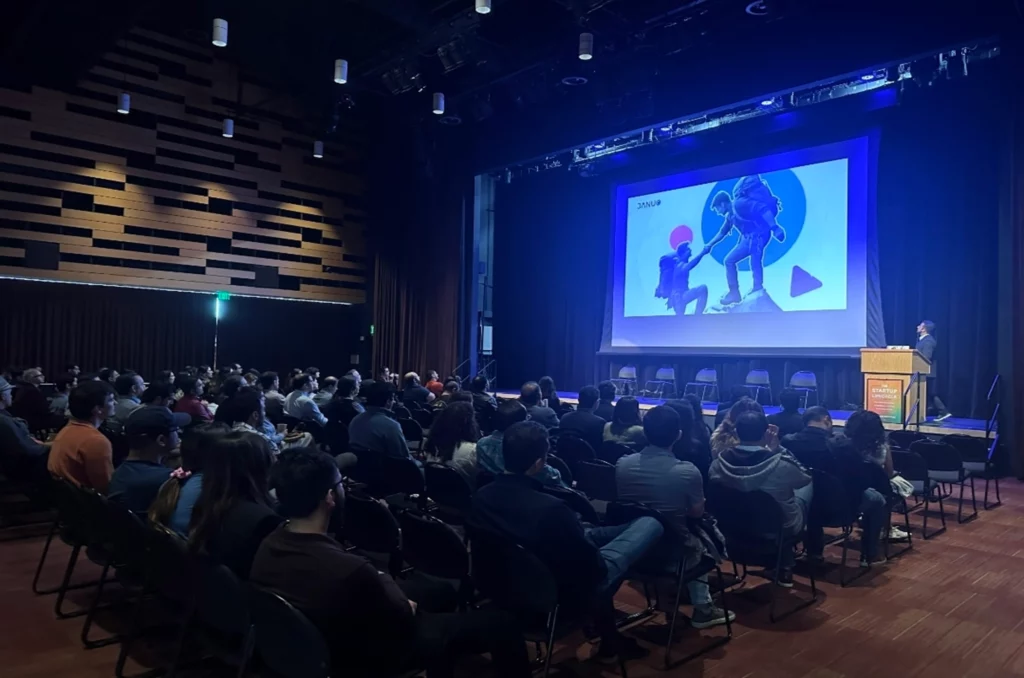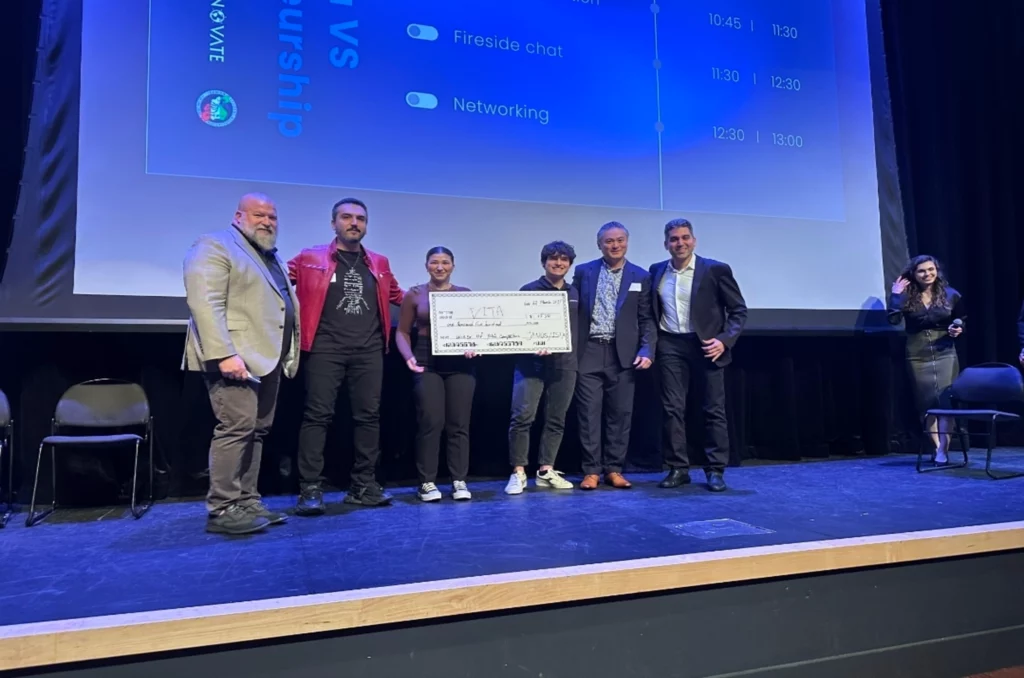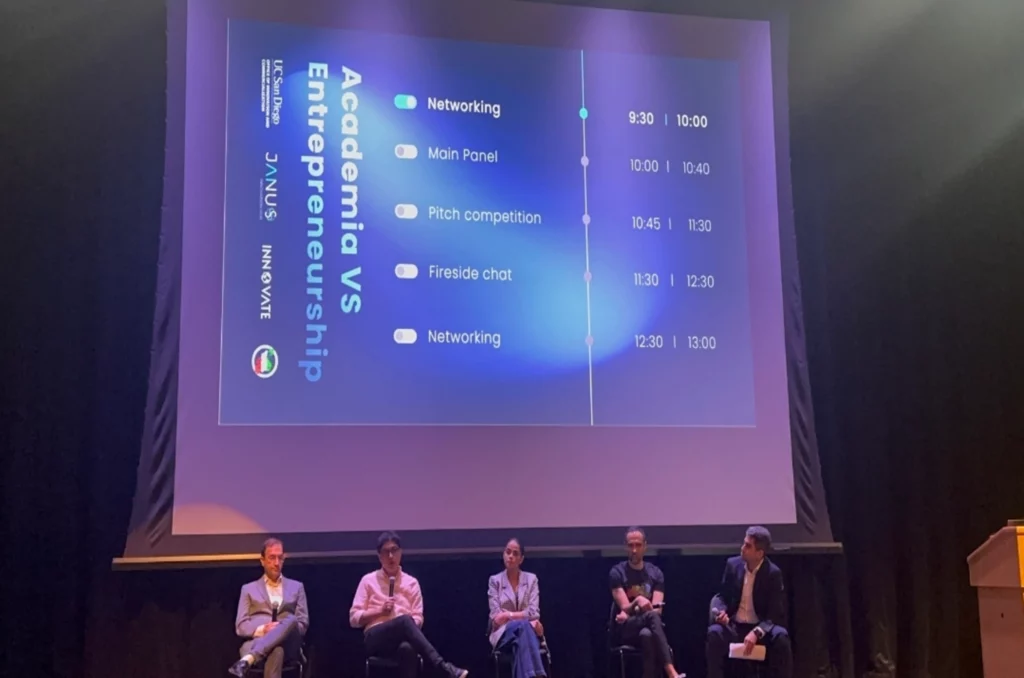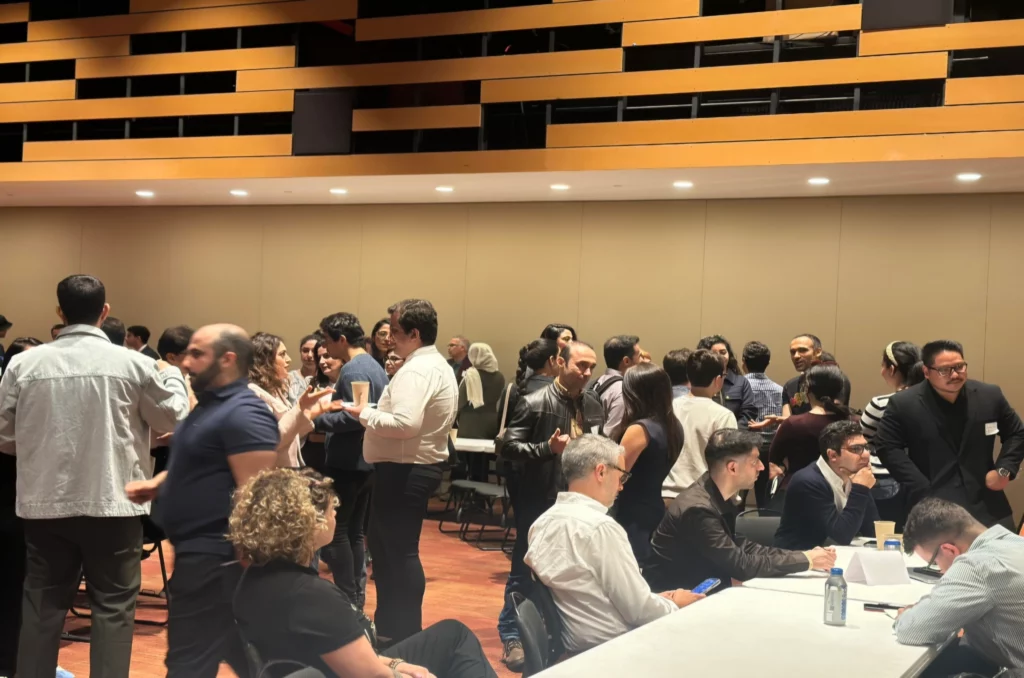When Early Revenue Becomes a Strategic Distraction
Revenue feels like validation. For early stage founders, the first paying customer is more than income. It is proof. Proof…

JANUS Innovation Hub is a startup incubator based in San Diego,supporting a global community of first-generation, immigrant,and underrepresented founders, helping them build scalable,investor-ready startups.


Join a trusted network of angel investors supporting immigrant-led startups shaping the future through innovation and meaningful impact. At Janus Innovation Hub, we empower diverse founders by providing them with the resources, mentorship, and connections needed to succeed in today’s competitive landscape.
Revenue feels like validation. For early stage founders, the first paying customer is more than income. It is proof. Proof…
Founders are taught to obsess over product. Refine the features. Improve the interface. Strengthen performance. Add differentiation. Polish the experience.…
In the early stages of a startup, energy is high, belief is strong, and alignment feels natural. Co founders often…

The transition from academia to entrepreneurship is a journey that many researchers and academics consider at some point in their careers. It’s a path filled with both challenges and opportunities, but it also holds the potential to create a lasting impact. The event held on March 22, 2025, at UCSD’s Ballroom East explored the intersection of academic research and entrepreneurial ventures. Experts shared their insights on how to leverage academic expertise to create innovative and impactful startups.
The decision to move from academia to entrepreneurship is not one to be taken lightly. Academic environments often prioritize theoretical knowledge and long-term research, while entrepreneurship demands quick thinking, adaptability, and risk-taking. One of the key challenges discussed during the event was the shift from approaching problems in a purely academic way to focusing on creating tangible solutions that meet market demands.
However, the opportunities for academics are vast. The deep research and specialized knowledge developed in academia can form the foundation of groundbreaking innovations. Whether it’s a breakthrough in health technology, a new approach to sustainability, or disruptive software, academic expertise can be the driving force behind a startup’s success.

A recurring theme during the event was how academics can effectively use their knowledge to create businesses that make a difference. Academic research offers a unique advantage in identifying and solving complex problems, as it is often rooted in rigorous data and evidence-based insights. However, transitioning from research to entrepreneurship requires learning how to package that expertise in a way that is relevant to consumers and investors.
The panelists emphasized that while deep knowledge in a field is a tremendous asset, successful entrepreneurs also need to develop skills in business strategy, marketing, and customer development. That’s where partnerships, mentorship, and educational programs come in. The right guidance can help academics bridge the gap between their research and the market.
One of the central questions addressed during the event was: What ideas are truly worth pursuing as startups? Identifying ideas with real-world applications and market demand is crucial for success. While academia often explores theoretical concepts, the entrepreneurial world requires ideas to be practical, scalable, and capable of solving real problems.
The event also highlighted how first-generation immigrants and individuals from diverse backgrounds often have unique insights into overlooked problems. This perspective can lead to the creation of startups that not only fill gaps in the market but also have the potential to disrupt entire industries.

Throughout the event, various panels and fireside chats provided valuable insights. Notable speakers included Aras Sheikhi, Kiana Aran, Alireza Haghighi, and Sharif Tabebordbar, who shared their experiences navigating both academic and entrepreneurial pathways. Additionally, fireside chats with industry leaders like Christopher Arnone from Plug and Play and Gregory Shepard from Startup Science offered in-depth discussions on scaling startups and decoding formulas for success.
A highlight of the event was the pitch competition, where five startups had the opportunity to present their ideas. The winning team took home a $1,500 award, but all participants gained valuable feedback and exposure to potential investors and partners.
One of the most impactful aspects of the event was the networking opportunity. Entrepreneurs, academics, and industry experts connected and explored potential collaborations. Whether it was engaging with fellow startup founders or meeting potential mentors, the event fostered a sense of community and collaboration essential for entrepreneurial success.
Beyond encouraging academic professionals to consider transitioning into entrepreneurship, the event underscored the importance of mentorship, networking, and collaboration. It became clear that while the paths of academia and entrepreneurship differ, they are not mutually exclusive. With the right guidance, determination, and support, academics can successfully make the leap to entrepreneurship and create businesses that leave a lasting impact on society.

For those who missed the event, the message was clear: transitioning from academia to entrepreneurship requires a willingness to learn, adapt, and think creatively. The intersection of research and entrepreneurship is a powerful space where innovative ideas have the potential to change the world.